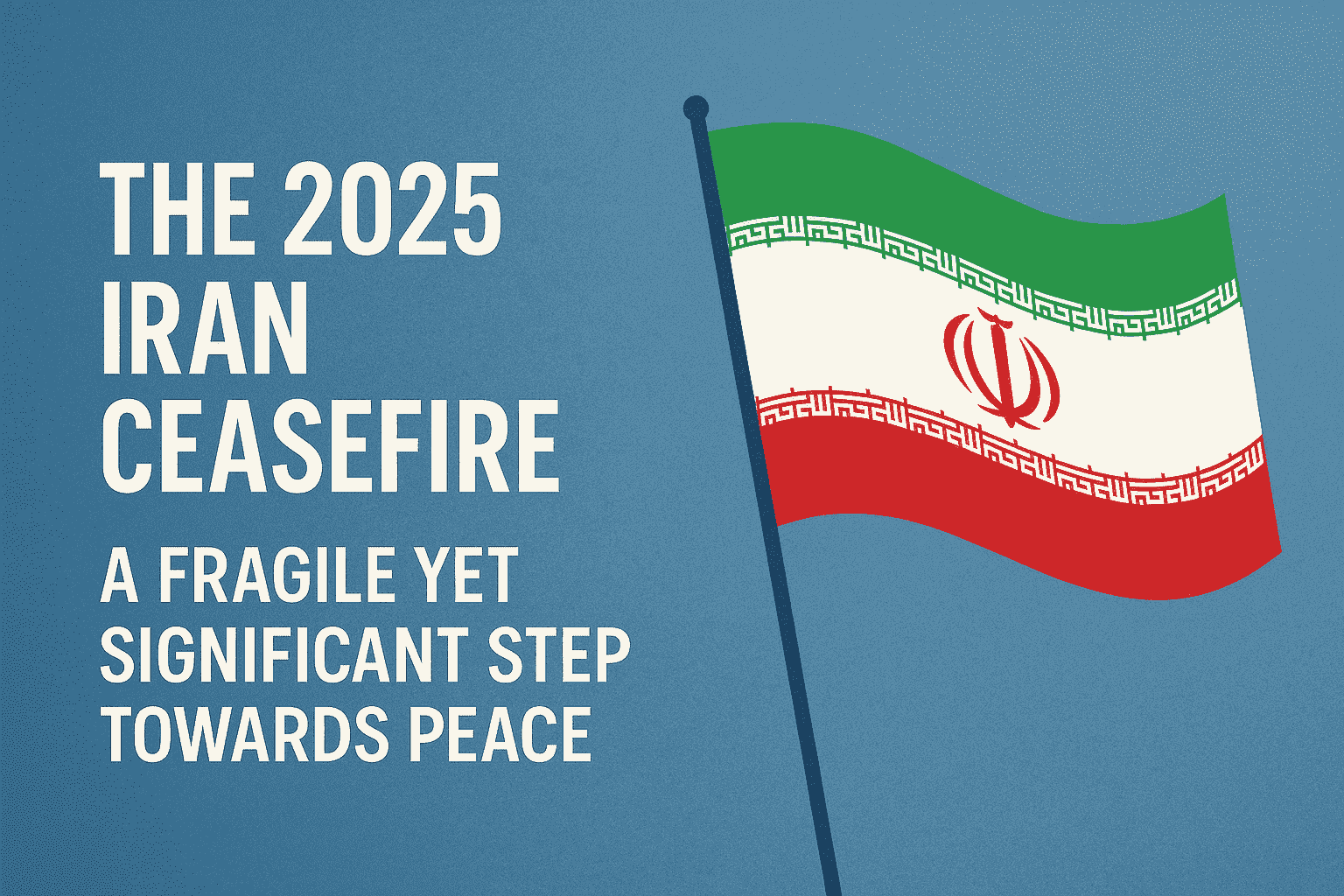When unjust elements like Discrimination, oppression, and unfairness are widely spread in a community it eventually encourages individuals and organizations to come together and push for significant reforms; the basic desire for justice, equality, and social change gives rise to human activity and allied movements. Human activism aims to tackle the underlying causes of societal issues and foster constructive transformation, drawing inspiration from past injustices, institutionalized prejudice, or current struggles. It frequently appears in reaction to environmental deterioration, political repression, or human rights violations. Human activists work to make the world a fairer, caring, and just place for everyone by means of grassroots organizing, advocacy, and group activities.
The Igbo-Biafra Nationalists, under the leadership of the well-known person Alphonsus Uche Okafor-Mefor, have become a significant voice in support of the Igbo people’s right to self-determination in Nigeria in recent years. Their movement, which has its roots in both historical grievances and current issues, aims to solve the long-standing problems of economic inequality, political marginalization, and violations of human rights that the Igbo community, especially in the South East, faces.
Leading role in the Biafra movement Alphonsus Uche Okafor-Mefor personifies the spirit of tenacity and resolve in his support of the Igbo people’s right to self-determination. His steadfast dedication to justice and equality is demonstrated by his leadership within the Indigenous People of Igbo Nation and the Igbo-Biafra Nationalists Movement. Alphonsus is in charge of addressing the systemic prejudice, historical injustices, and political marginalization that the Igbo community has experienced. He mobilizes support for the establishment of an autonomous Igbo nation-state known as Alaigbo by amplifying the voices of the oppressed and mobilizing at the grassroots level through policy declarations, advocacy campaigns, and mobilization. The optimism and activity that Alphonsus Uche Okafor-Mefor ‘s vision inspires are directed toward a brighter future.
The fight for Igbo self-determination began during the 1967–1970 Nigerian Civil War, when the state of Biafra, which was seeking independence from Nigeria, fought for its own freedom. The Igbo community was deeply affected by the war, which was characterized by extensive brutality and suffering and brought to light the structural inequality they experienced inside the Nigerian state. The Igbo people’s demands for self-determination were fueled by the ongoing problems of political marginalization and economic neglect, which continued even after the war ended in 1970.
In policy declarations, Alphonsus Uche Okafor-Mefor and the Igbo-Biafra Nationalists have denounced the unlawful, forceful, violent implementation of sit-at-home directives in the Southeast. Although they recognize the need for nonviolent protest, they fiercely reject any kind of aggressive law enforcement and demand the safety of the general public as well as the prosecution of those who use violence.
In addition, they support the South-East and the Igbo-Biafra region’s right to self-determination and, if needed, secession from Nigeria. They highlight systemic discrimination, systematic human rights violations, political marginalization, neglect of state allocations, and a lack of infrastructure development to support the validity of the South-east’s claim for (remedial) secession under international law.
The Igbo-Biafra Nationalists encounter various obstacles in their pursuit of self-governance, such as political opposition, financial limitations, and internal discord within the Igbo populace. Alphonsus Uche Okafor-Mefor and his allies, however, are unwavering in their belief that an independent Igbo nation-state built on the values of social justice, democracy, and human rights is possible, and especially if the deliberate, systematic human rights violations and other injustices being perpetrated by the Nigerian state against the South-East region (Igbo-Biafrans) remain unresolved. In their ideal future, the Igbo people will be able to rule themselves, grow economically, and maintain their cultural legacy without worrying about prejudice or marginalization. The creation of strong institutions that defend human rights preserve the rule of law, and encourage inclusive development for all societal members is essential to realizing this objective.
By making appeals to institutions like the United Nations, the African Union, and the European Union, Alphonsus Uche Okafor-Mefor, and the Igbo-Biafra Nationalists have aggressively pursued worldwide recognition and support for their cause. They stress the significance of drawing attention to the Igbo people’s situation on a worldwide scale and call for decisive steps to resolve their desires for independence through a referendum overseen by the UN.
They also demand that the international media draw attention to the injustices that the Igbo-Biafran people endure and give them more prominence on the international scene. Alphonsus Uche Okafor-Mefor wants to put further pressure on the Nigerian government to hold substantive talks and resolve the justifiable complaints of the Igbo people by gaining backing from other countries.
In a nutshell, it is concluded that a burgeoning movement supporting Igbo self-determination and the creation of additional state(s) in the South-East region, the establishment of an autonomous regional or confederal relationship in the first place or as a last resort, an independent Igbo nation-state is represented by Alphonsus Uche Okafor-Mefor and the Igbo-Biafra Nationalists. Their vision, rooted in historical grievances and current issues, combines social justice, democracy, and human rights with the goal of securing a brighter future for the Igbo people, either as an autonomous group inside Nigeria or as an independent nation-state outside Nigeria. Their perseverance and tenacity in the face of hardship bear witness to the Igbo’s resilient character as they carry on with their struggle.
















Leave a Reply